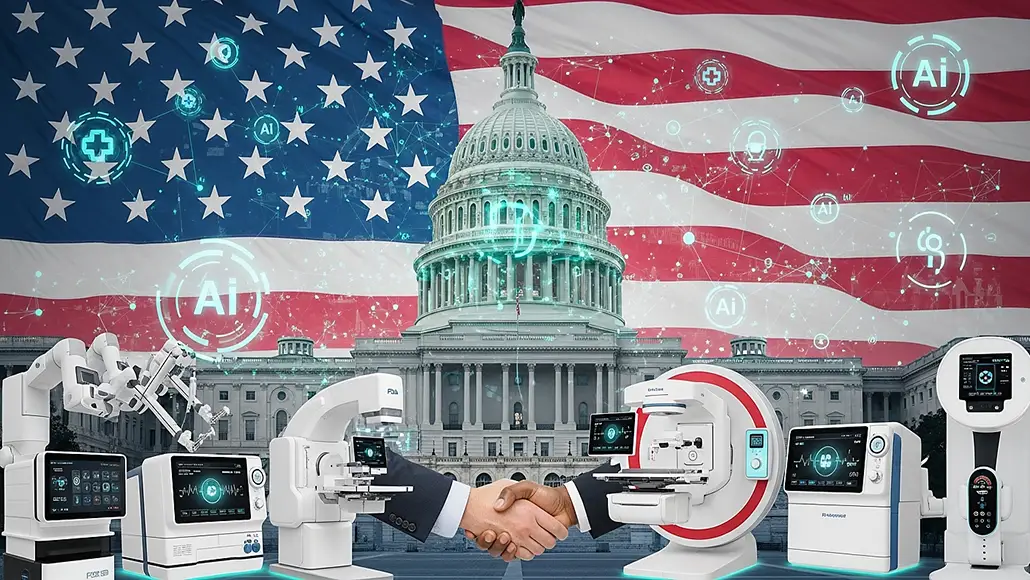The US bipartisan legislation, which was introduced in the House on November 20, 2025, is going to designate a new temporary payment code when it comes to artificial intelligence-enabled medical devices in order to ensure access for the small and rural hospitals to new technology.
It is well to be noted that the Health Tech Investment Act was introduced by Jay Obernolte, R-Calif. Scott Peters, D-Calif., Beth Van Duyne, R-Texas, Reps. John Joyce, R-Penn., Brad Schneider, D-Ill., as well as Angie Craig, D-Minn.
The bill will require all Food and Drug Administration – FDA approved AI devices to get assigned to a New Technology Ambulatory Payment Classification – APC in the system, which is used by Medicare so as to reimburse the hospitals for outpatient services for at least a period of five years.
By way of doing so, the representatives said it would make sure that all the required data that surrounds the delivery and service costs gets acquired much before a permanent payment code has been assigned.
John Joyce, R-Penn., said in a statement that innovation is indeed the bedrock of American healthcare, and he has always worked in order to ensure that all patients get access to innovative medicines and devices.
Joyce, who himself is a dermatologist, added that the bill will make sure that American patients, whether they are in rural or urban care settings, can go on to access new and innovative AI-enabled medical devices, which are indeed revolutionizing healthcare.
Apparently, the Health Technology Investment Act also goes on to open access to Medicare beneficiaries who can get easier access when it comes to AI-powered medical devices, added Scott Peters, D-Calif.
According to him, the AI-enabled medical technologies already enable the doctors to diagnose the disease much earlier and also treat patients in a more effective way. Still, there are too many patients who lack access.
The bill, which has been introduced to the House, can be regarded as a companion to the legislation that was introduced to the Senate in the spring by Sens. Mike Rounds, R-S.D., Martin Heinrich, D-N.M. as well as Marsha Blackburn, R-Tenn.
As per the Rounds’ office, the FDA at present has more than 600 AI-powered medical devices; however, the Center for Medicare & Medicaid Services goes on to lack the standard and consistent methods so as to cover and also pay for those devices.
According to the Advanced Medical Technology Association – AdvaMed, due to the consistent practices, the bill can very much help open access when it comes to treatments for patients who would benefit from AI devices.
AdvaMed added that from interpreting medical images efficiently and also effectively to detecting diseases much earlier, AI indeed has the power to prominently reshape and elevate patient care. Through establishing a pathway for long-term and also balancing the reimbursement for a subset of some of the most innovative AI-enabled medical devices, the Health Tech Investment Act can help to enhance the access to an upgraded diagnostic accuracy and better the patient outcomes and also drive much more cost efficiencies all through the health care system.


















